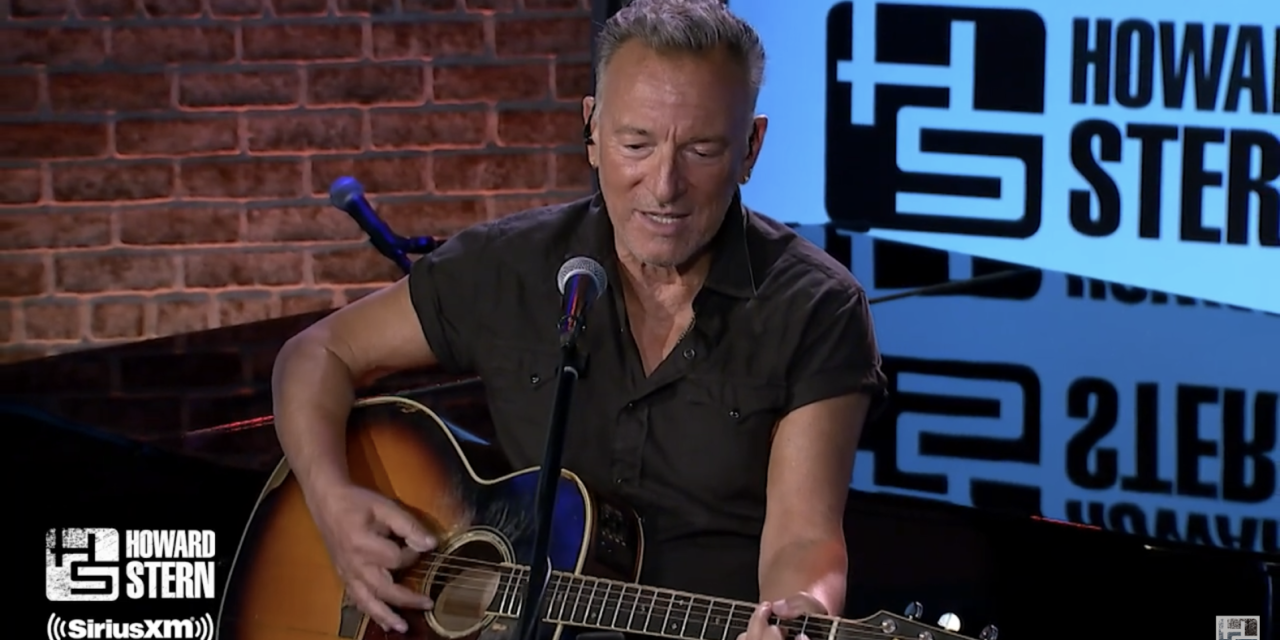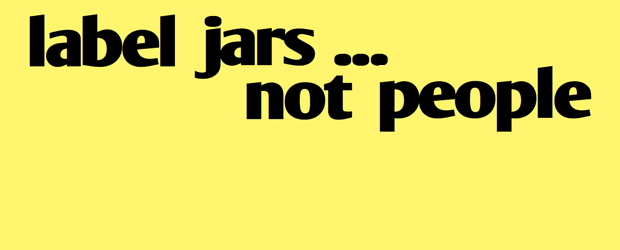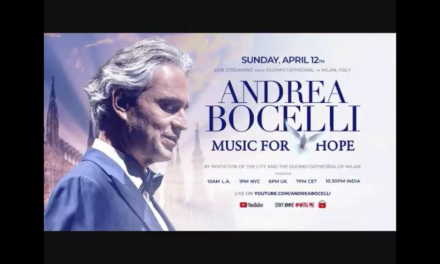After niceties including Howard Stern’s love of Metamucil, it only takes about seven minutes into his interview of Bruce Springsteen for the legendary radio host to ask a question that stops me cold.
“Have you ever talked to your therapist about why you do such long shows?”
Let me interject here that I was compelled to seek out this full interview for two reasons that tap into my dual professions. One, Stern’s masterful interviewing skills continue to inspire the journalist in me. Two, as a life coach I gain tremendous insights for my clients when I hear artists talk about the psychology and mechanics of creative process.
And here, at the outset of a two-hour conversation, Stern nails both sides of my compelling interest.
Springsteen laughs before responding, “Of course.”
Oh man, I dig some good ‘couch’ talk.
The Boss is in his ‘real’ years. So is Stern. The bullshit frat boy stuff might still be good for an occasional laugh, but they’ve respectively reached the stage where life is about deepness and richness in relationships and craft. This is instantly a dialogue between evolved, actualized men.
If you had told me this was possible back in the 1980s when my brother would, as a condition of driving me to the airport, subject me to cringy, sophomoric Stern all the way there, I would have thought you were crazy. But here we are.
And so a conversation ensued where Springsteen, taking a cue from Stern’s vulnerability in explaining his own “sickness” around being manic in his work, talked about perfectionism and how it was a “purification ritual” stemming from being raised with notions like original sin.
“I had to get out from under so much Catholic orthodoxy,” Springsteen says.
All while recognizing that a certain amount of “cleaning out your soul and mind” is good for you.
This strikes me as a far cry from the “reformed Catholic” jokes we so often hear (I’ve been guilty of some myself). It’s a more thoughtful acknowledgement that this is an integral, formative part of himself that he sees and has shaped to his benefit as a growing human being. This, of course, ripples into the art.
Later in the interview when Stern asks Springsteen about the importance of evolving as a person, I am acutely aware that Stern is coming from personal experience here. That is validated when Springsteen says he was moved by a 2019 Rolling Stone article on Stern because it was “very telling and vulnerable.”
It seems they both get approached on a regular basis by strangers saying something to the effect of, “You changed” and the implication is, “You were better before.” Imitating an oft-repeated theme he hears, Springsteen says, “I liked it when you were singing about the cars and the girls.”
They talk about how the people asking them those questions are essentially signaling that they themselves haven’t evolved in their lives.
“Aren’t you proud of yourself when you change?” Stern asks, his own pride obvious.
Springsteen replies that if he hadn’t, he “would have had no life” outside of music.
The New Jersey rocker had earlier talked about realizing that if he was going to be any good at relationships, he would have to work on them “like I work on the guitar.” Anecdotes sprinkled throughout the interview provide tender, learned examples of that.
Several times they discussed their fathers, both of whom are deceased. Having been in a few conversations lately about my own relationship with my late father, these moments held me captive. Stern noted that he related to Springsteen’s contention that his father was his greatest “hero and foe.”
“He didn’t take a lot of pride in me,” Stern said of his father, who just passed earlier this year.
I was drawn in by their expressions of deep love for a parent who didn’t necessarily understand their unconventional path in life. It made them even more determined to please, to seek approval. So much nuance in that, from poignant to painful. And, if I’m being totally honest, it was a bit of a ‘couch’ moment for me.
There was also lightness to counter the heavier topics that somehow never felt heavy. For example, I was delighted when Stern asked about Rosalita (Come Out Tonight), my favorite Springsteen song. It seems Stern, too, revels in it being a “fuck you” song, or as I like to call it, an anthem.
Stern was clearly fascinated with Springsteen’s songwriting process and he engaged him several times on the subject. One example was The Rising and how that came about after the terrorist attacks on 9/11. Springsteen boiled it down to this when he’s setting out to write about something specific – “Do I have anything to say?”
This is a creative process I understand all too well. You’re reading a product of that process right now. I listened to this show and couldn’t contain myself without sharing.
I think I enjoyed the talking even more than the musical moments in between that have been heavily promoted. Stern ended his time with Springsteen by thanking him for being generous with him.
So grownup. It landed on me beautifully at a time when I needed it so badly.






